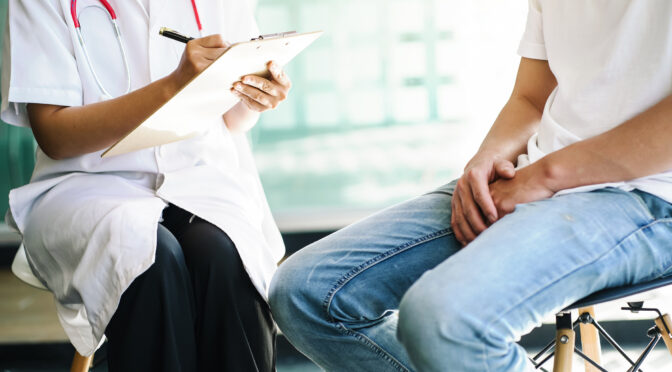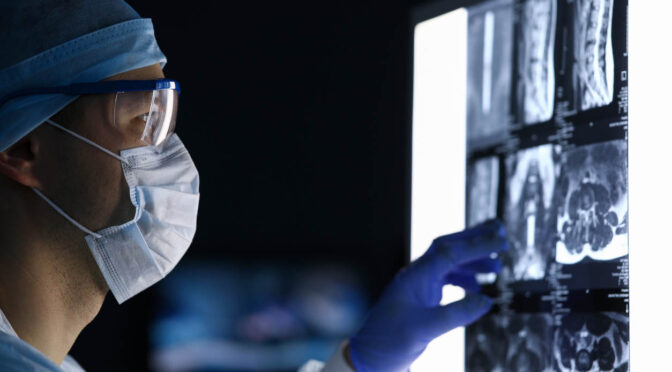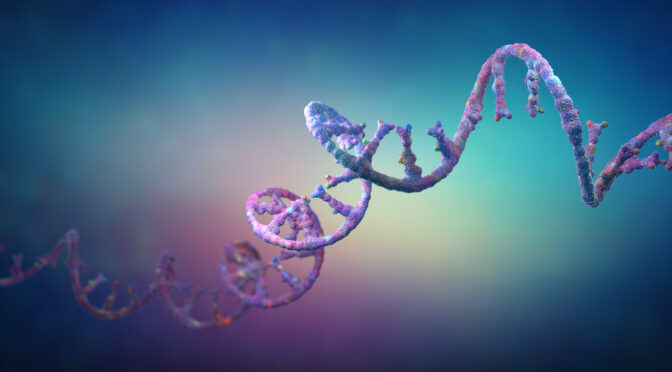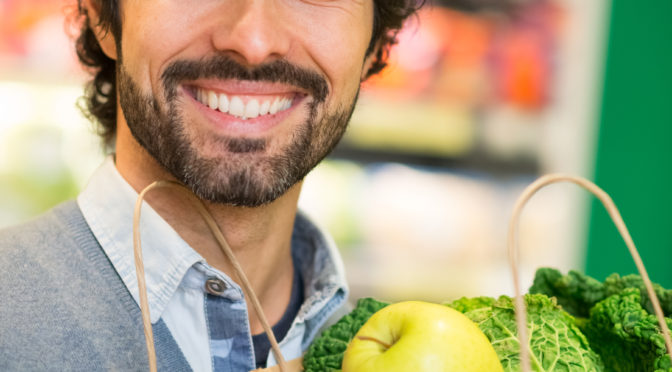Many women do not trust the health care system and will often forgo radiation and drug therapy after breast cancer surgery. That is according to a survey of 2,700 breast cancer patients by researchers at Johns Hopkins University. Lead author of the survey, Lorraine Dean, said over 30 percent skip treatments that are intended to kill any cancer cells that remain after surgery.
Contact Issels® for information on how combining conventional treatments with immunotherapy cancer treatment reduces the likelihood of relapse.
Doctor-patient trust is crucial
Cancer is a devastating disease and it is understandable that patients experience feelings of helplessness. It’s not just women with breast cancer who are losing trust in doctors and the health care system, it’s the general public as well. People often feel that doctors put their own financial interest ahead of patient care. When patients feel their doctors don’t listen to them or take their concerns seriously, trust begins to erode.
For the best possible outcome, it is necessary that doctors and patients have a strong bond of trust. Patients should feel comfortable being fully honest with health care providers and the doctors should always remember that a patient’s trust in them is a vital and necessary component of proper medical care. Each person’s cancer is unique and treatment should be based on the specific needs of each patient.
Personalized cancer treatment
At Issels®, we have been practicing individualized treatment for more than 60 years. We want you to make informed decisions about your cancer treatment options. Contact us today for more information on our autologous (from the patient’s own blood) non-toxic cancer treatment protocols.






